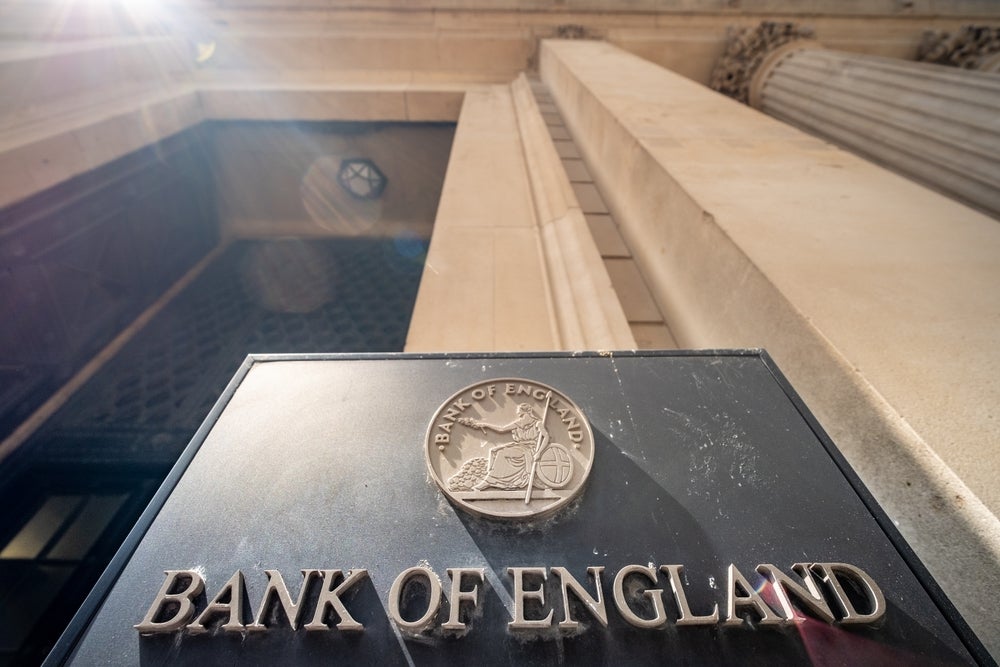The Chartered Institute of Management
Accountants has published a report evaluating the relationship
between the finance function and sustainability agendas within
businesses.
Author Sara Shipton said the purpose of the
report was twofold.
Firstly, it identified how much of a
difference it makes to have strategic intent rather than piecemeal
tactic initiatives. Secondly, it intended to prove that accountants
can add far more value than they do at present.
“We believe that with the increase in
regulation that is coming, there is going to be a lot of running
down the corridor very soon to say ‘finance, we have got forms to
fill in now, which need numbers on them’,” Shipton said.
“It is a call to action for accountants,
saying ‘you can be proactive about this, you have the skills and
tools and we don’t believe they need adapting, it just needs a much
cleverer application in terms of recognising fully the
environmental costs to make sure the tools work as well for climate
change projects as for any other capital-hungry project’.”
Shipton said the main driver behind adequate
involvement from the finance function was a leadership mandate and
a culture for inclusion.
How well do you really know your competitors?
Access the most comprehensive Company Profiles on the market, powered by GlobalData. Save hours of research. Gain competitive edge.

Thank you!
Your download email will arrive shortly
Not ready to buy yet? Download a free sample
We are confident about the unique quality of our Company Profiles. However, we want you to make the most beneficial decision for your business, so we offer a free sample that you can download by submitting the below form
By GlobalDataThe biggest barrier identified was a lack of
time.
“I think that translates to mandate as well
because if you have the mandate, you are given the resources and
time is found for that involvement,” Shipton said.
The second most cited reason for lack of
involvement was that finance did not have the specialist knowledge
and skills to support decision-making around climate change.
“[A third] key barrier related to
inter-departmental communication where sustainability didn’t
believe finance was interested and finance said ‘sustainability
people don’t speak to us’,” Shipton said.
“I don’t think that is just related to climate
change initiatives, I think that probably in those organisations it
is a fundamental engagement issue.”
The report combines verbal insights from
interviews with companies and quantitative information from a
survey of about 900 finance and sustainability professionals that
was held in conjunction with the Prince of Wales Accounting for
Sustainability project.
The interviews were from UK-based companies,
while the survey was global.
SUSTAINABILITY
CIMA Accounting for Climate Change report
• Number of respondents who think finance has
a role to play in sustainability within business: 80
percent
• Number of respondents who feel their
organisation is committed to mitigating climate change: 56
percent
• Number of respondents who believe climate
change is integrated within the overall business strategy of their
organisation: one-third
• Number of respondents who agree their
organisation can do a lot more to reduce its environmental impact:
63 percent
• Number of respondents who say their business
is well positioned to deal with the impacts of climate change:
38 percent
• Number of respondents who say climate change
is not on their organisation’s agenda at all:
one-fifth
Source: CIMA





